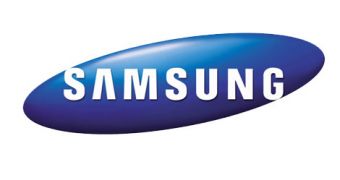South Korean mobile phone maker Samsung Electronics, the second largest handset vendor in the world, announced today that it reached an agreement with Qualcomm, according to which it woluld pay US$ 1.3 billion for the use of its patents. According to the phone manufacturer, the agreement includes the use of Qualcomm's CDMA, WCDMA and OFDMA patents for the following 15 years.
Samsung will pay not only an up-front license fee, but also additional royalties, yet it hasn't said anything on the royalty rate. It's a common fact that Qualcomm’s royalty rate differs from one company to another, in accordance with the geographical market. However, Samsung is also reported to have paid some of the lowest rates due to massive volume.
According to Telecoms Korea, Samsung and LG Electronics represent a big profit source for Qualcomm. Moreover, the news site also notes that Samsung’s up-front fee represents around 80 percent of Qualcomm’s net income for the fiscal year 2009 ($1.59 billion). However, it seems that Samsung has made a favorable deal with Qualcomm, even more favorable when compared to the previous one.
It is widely known that around 11 to 13 percent of the material costs for a mid-range handset are represented by baseband chips, and that these costs rise to up to 20 percent, when it comes to low-end mobile phones. In order for Qualcomm to drop the royalty rate, Samsung launched its own CDMA chipsets, Scom3200, and Scom5010, and included them into its SPH-X9000 and SPH-X9300 handsets. LG Electronics, another major industry player, also came to the market with its own chip, the LG SD280 model, which was based on a chipset from EoNex.
“I am also pleased to announce that we recently extended our license agreement with Samsung, covering both 3G and 4G,” Paul E. Jacobs, chairman and CEO of Qualcomm, said in a statement. The agreement is also said to enable Qualcomm to use Samsung’s 57 patents for mobile technology, yet no payments are involved here, due to the larger value of Qualcomm's patents.

 14 DAY TRIAL //
14 DAY TRIAL //